In a corner of the upstairs tea room at Grace Road, the home of Leicestershire County Cricket Club, are second-hand books for sale. For years one of those books has been The Ultimate One-Day Cricket Match, a 1988 paperback by Vic Marks. I really must buy it next year, because it’s one of the few sport books to embrace counter-factuals. It’s the fictional story of a match between England, which you captain, and the Rest of the World. After each page you are set a choice, such as: you have bowled your first over, and taken a wicket. Do you take yourself off, or keep bowling? Either choice sends you to a different page. So you weave around the book, like the story equivalent of a game of snakes and ladders, until you win or lose.
Serious historians avoid counter-factuals, as frivolous. Yet sport, like battles and high politics, lends itself most to counter-factuals. What-ifs fascinate. Certainly, at the recent BSSH annual conference at the University of Westminster, one of the largest audiences for the member talks was Guy Hodgson’s ‘Munich 1958 – what if?’
But for the plane crash that killed so many of the promising and young Manchester United team, Guy suggested that football history could have looked very, even drastically, different. Manchester United may well have won the European Cup sooner than they did; England, with a spine of the lost Munich men, may have done better at the 1958 or 1962 World Cups, winning one, and would have easily won the 1966 World Cup – 3-0, Guy said on one of his Powerpoint slides. The England manager would have been Walter Winterbottom; because the successful England team would have had no need for Sir – or rather plain Alf – Ramsey.
We can quibble. Was Winterbottom the equal of Ramsey – could Winterbottom convince his players (a point by fellow seminar speaker Paul Hawkins) as Ramsey did, that they were world-beaters? Or would England under Winterbottom have been the equivalent of Belgium in the 2018 World Cup – arguably the best team, but falling short, for whatever reason, to the winners, France? Would Duncan Edwards, the most famed of the dead at Munich, have become as great as Bobby Moore, the captain in ’66. Would Edwards, as Guy said, be the man with his statue outside Wembley instead of Moore? Or would Edwards have been injured or in a car accident, or have lost his work ethic like George Best?
We can argue, yet what came to me during Guy’s talk was how unlikely what happened was. Plane crashes are so rare, it’s much more likely that ‘Munich’ would not have happened. What Guy spelt out was not only a counter-factual possibility; it was more likely than the facts. It was, as I said inside the room, the most powerful talk I had heard for years. What I say now is that Guy was provocative, defying history; like Samson, pushing at the pillars of reality until they collapse. He was profound because he was asking whether our lives are pre-destined, or we have free will, or are subject to chance; or a messy blancmange of all three.
To take Guy’s counter-factual further; by assuming a Duncan Edwards statue outside Wembley, we are also assuming that the rest of life is much the same. That Wembley has not moved to Birmingham, for example; that there’s not been a nuclear war to end it all. Like the flows of rivers from the watersheds to valleys to the sea, the routes may be different, but one way or another the water gets there. Counter-factuals, in other words, may not amount to much change overall. Another reason why counter-factuals have not caught on in sport history is that most sport historians take oddly little interest in the actual play – understandably, because that might seem trivial. To be on a par with serious historians, the sports historian has to embrace media history, social science, or whatever. Yet without taking seriously the actual play, sports history is at risk of being a mere branch of social history, or whatever.
And doesn’t the counter-factual reflect the truth of our lives? If your mother and father had not met, or had met some other time, at the least you would have a different birth year, or accent. Would you have gone to the same university at the same time, got the same jobs, had the same experiences? When you multiply that by the number of people on the planet, it’s hard to take in – and difficult to untangle. You cannot re-run the past and run it again 100 times, to see the percentage chance of any outcome happening. Might that be possible one day, even soon, given the sheer amount of video and other data we produce? Could we create entire virtual worlds, and run them as programmes, to test? What would humanity do, if it learned that its reality was unlikely – as in the ending of Philip K Dick’s The Man in the High Castle?
I wonder if, just as sociology and economics and psychology would have bewildered even an intelligent man of a thousand years or more ago, such as the Venerable Bede, in another thousand years (unless the risk of massive nuclear war becomes so likely as to be inevitable) this kind of history, alive to the counter-factuals inside us and in the ways we act with those around us, will be as normal to the people of the far future as it would be bewildering to us.
For all these reasons, if one book is to come out of the BSSH 2018 conference, I hope that it’s by Guy Hodgson. I prefer the counter-factual world where he has written a book ‘Munich 1958 – What if?’ to one without.
Article © Mark Rowe

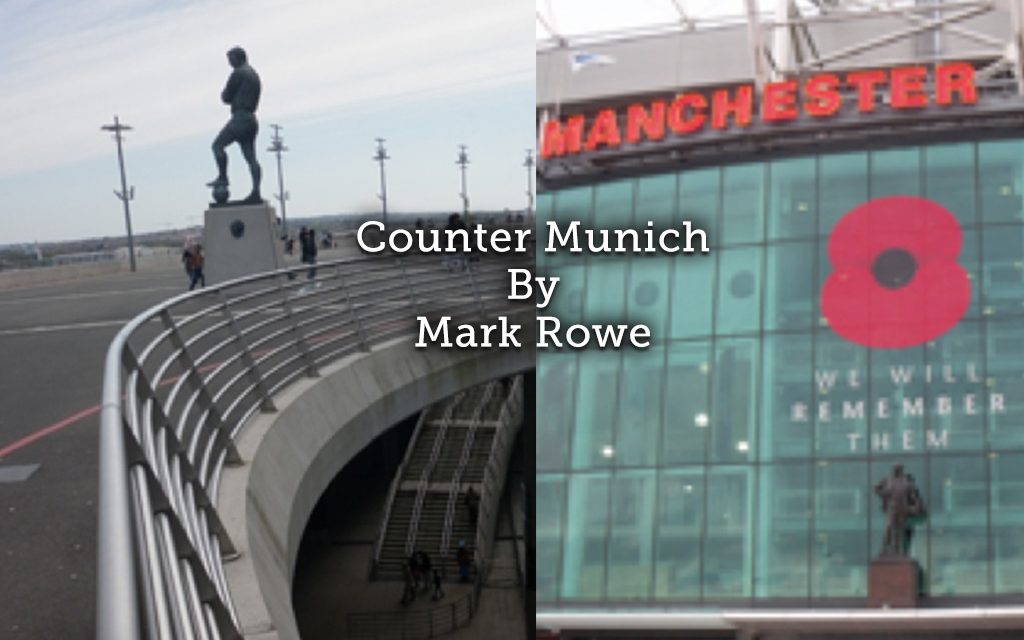
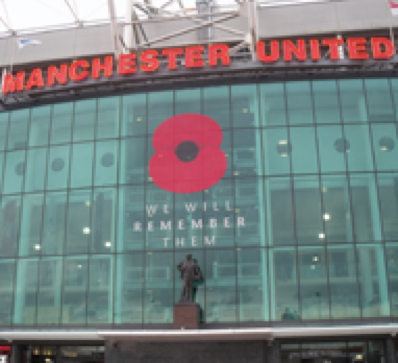

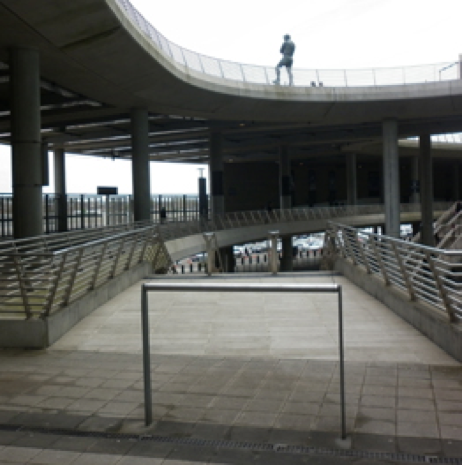
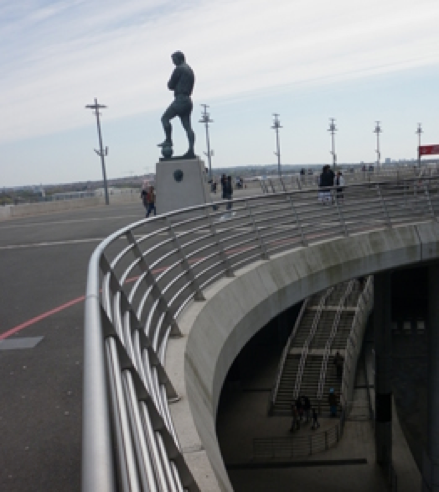

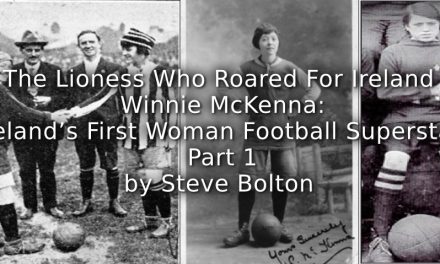
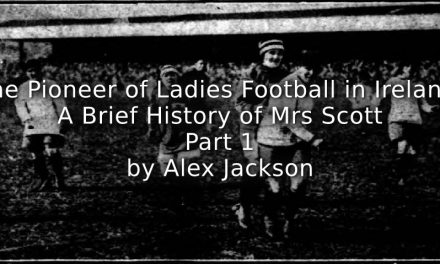

![“And then we were boycotted” <br> New discoveries about the birth of women’s football in Italy [1933] <br> Part 4](https://www.playingpasts.co.uk/wp-content/uploads/2019/12/PP-banner-maker-440x264.jpg)